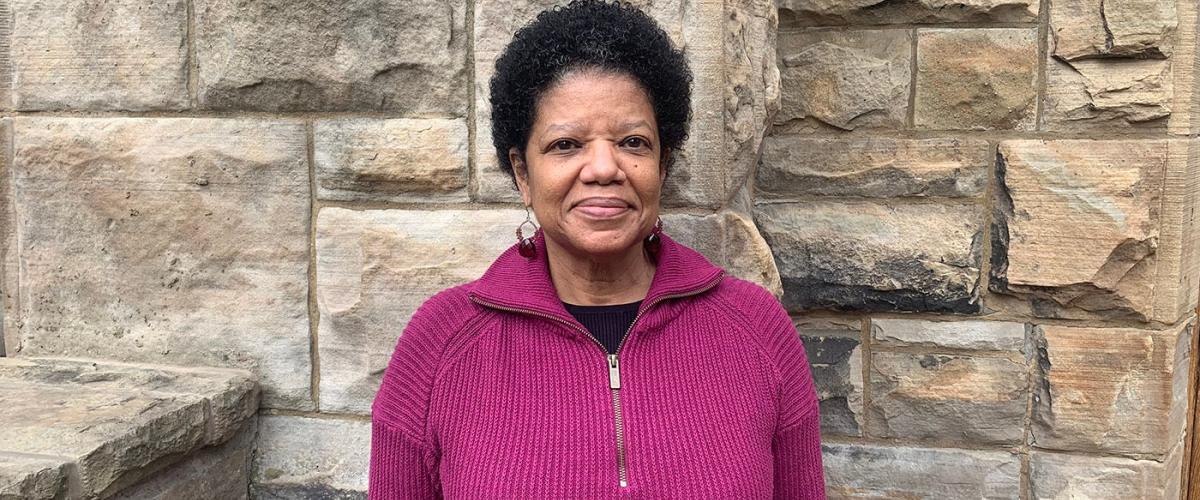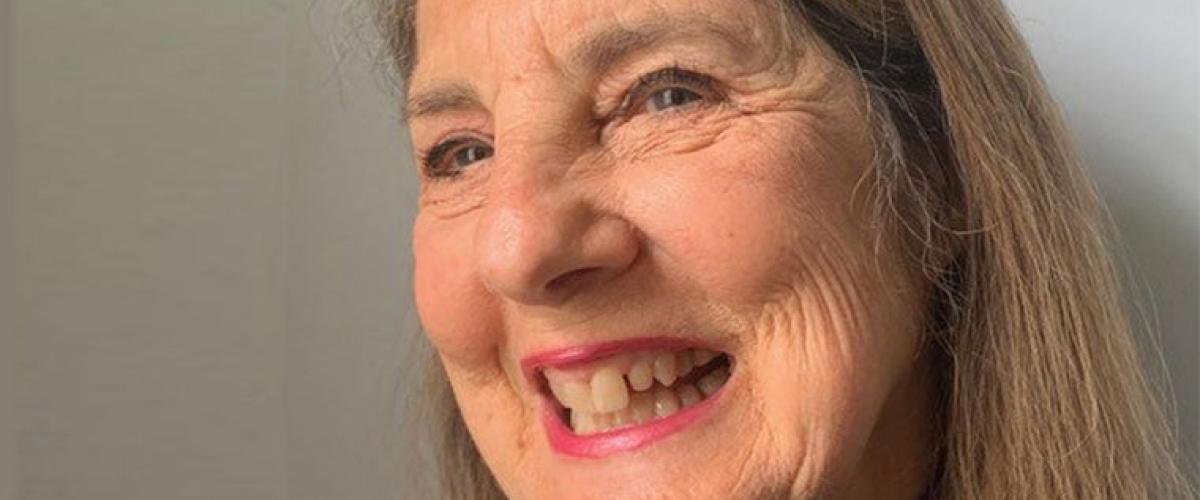 Last month, Lynn Ulatowski joined students and postdoctoral researchers from across the country on Capitol Hill as part of the American Society for Biochemistry and Molecular Biology (ASBMB) Hill Day.
There, they explained the impact of their work to legislators—and urged them to vote in favor of increased funding for the National Science Foundation and the National Institutes of Health.
Such funding would directly impact many researchers at Case Western Reserve University and, as a postdoctoral fellow in the Department of Nutrition, Ulatowski knows how important that is.
As part of the experience, she worked with a team that met with nine members of Congress from Ohio, Kentucky and Tennessee. Throughout the day, the researchers explained the importance of basic science research, and why funding is so critical.
"Everybody wants the quick fix or the fast cure or the end result, and they don’t realize the foundation of the biomedical basic science research. It’s really necessary for all those big discoveries,” Ulatowski said. “I think that that goes overlooked by the politicians. They just don’t understand it [because] they don’t have the time or manpower to realize that.”
At Case Western Reserve, Ulatowski researches Vitamin E transport in the lab of Associate Professor of Nutrition Danny Manor. Because antioxidants can prevent cellular damage, and Vitamin E is a major antioxidant in the body, understanding how it moves can be crucial to learning more about how it can prevent neurodegeneration. Advancements in Vitamin E transport could aid patients with such diseases as Alzheimer’s, amyotrophic lateral sclerosis (ALS) and Down syndrome.
Their work illustrates how basic science research can be applied to specific diseases.
Last month, Lynn Ulatowski joined students and postdoctoral researchers from across the country on Capitol Hill as part of the American Society for Biochemistry and Molecular Biology (ASBMB) Hill Day.
There, they explained the impact of their work to legislators—and urged them to vote in favor of increased funding for the National Science Foundation and the National Institutes of Health.
Such funding would directly impact many researchers at Case Western Reserve University and, as a postdoctoral fellow in the Department of Nutrition, Ulatowski knows how important that is.
As part of the experience, she worked with a team that met with nine members of Congress from Ohio, Kentucky and Tennessee. Throughout the day, the researchers explained the importance of basic science research, and why funding is so critical.
"Everybody wants the quick fix or the fast cure or the end result, and they don’t realize the foundation of the biomedical basic science research. It’s really necessary for all those big discoveries,” Ulatowski said. “I think that that goes overlooked by the politicians. They just don’t understand it [because] they don’t have the time or manpower to realize that.”
At Case Western Reserve, Ulatowski researches Vitamin E transport in the lab of Associate Professor of Nutrition Danny Manor. Because antioxidants can prevent cellular damage, and Vitamin E is a major antioxidant in the body, understanding how it moves can be crucial to learning more about how it can prevent neurodegeneration. Advancements in Vitamin E transport could aid patients with such diseases as Alzheimer’s, amyotrophic lateral sclerosis (ALS) and Down syndrome.
Their work illustrates how basic science research can be applied to specific diseases.





